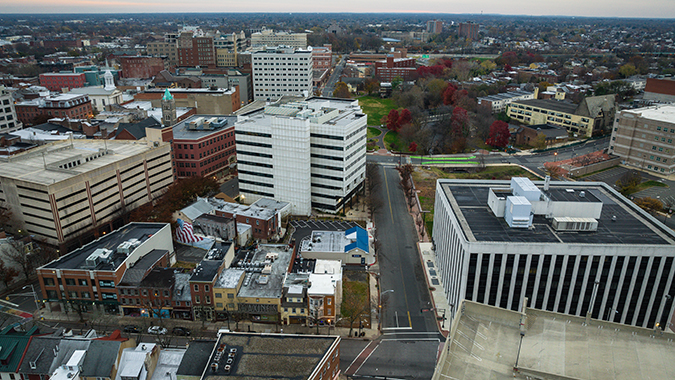The governor has signed legislation, strongly supported by NJBIA, that preserves economic development tax credits for companies that created the jobs they promised but are allowing employees to work remotely some days in hybrid work arrangements.
Previously, companies participating in tax incentive programs have had to demonstrate that their workers spend at least 60% of their time on-site or risk losing their tax credits. The law lowers that on-site requirement to 40% for suburban-based employers provided they also make a payment to the New Jersey Economic Development Authority (NJEDA) that is equal to 10% of their maximum annual tax credit.
“This law will serve as a much-needed compromise for employers as they tend to post-pandemic shifts of how and where people work, with the state's need to maintain positive economic development initiatives,” NJBIA Chief Government Affairs Officer Christopher Emigholz said.
The legislation, A-4046/S-3303, sponsored by Assemblywoman Eliana Pintor Marin (D-29) and Senator Nellie Poe (D-35), was signed by Gov. Phil Murphy on Wednesday. The law affects companies participating in four NJEDA programs: the Business Retention and Relocation Assistance Grant Program, the Business Employment Incentive Program, the GROW Program, and the HUB Program.
Although the law gives companies in suburban areas the flexibility to reduce on-site work to two days (40% of the workweek), businesses in urban centers must have workers on site at least three days a week (60%) or risk losing their tax incentives. The provision is in response to concerns that downtown urban areas are struggling since the pandemic and need increased foot traffic at stores and restaurants.
“NJBIA has strongly supported this bill as a win-win-win compromise supporting employers that have created jobs and built the facilities they promised, their employees who want greater workplace flexibility in the shift to remote work, and the need to invest in our downtown areas,” Emigholz said.




